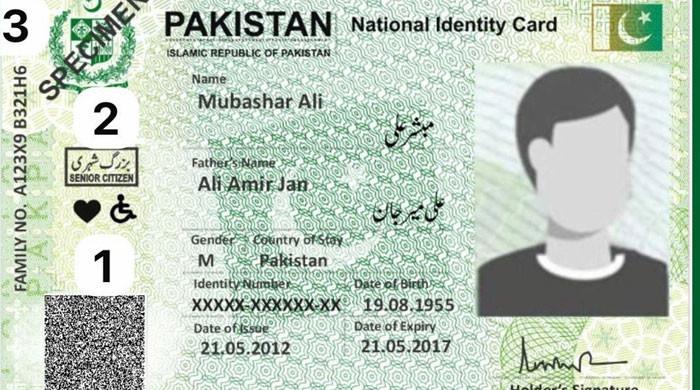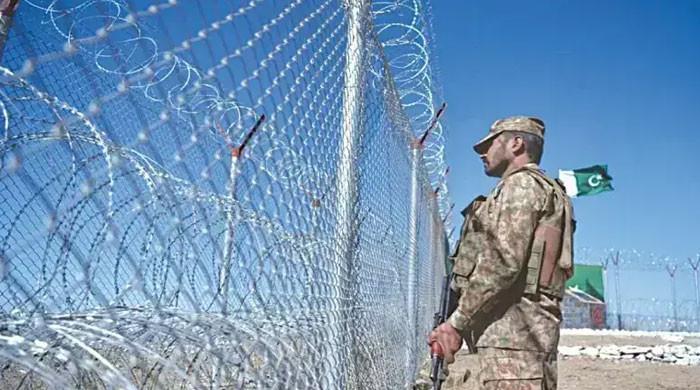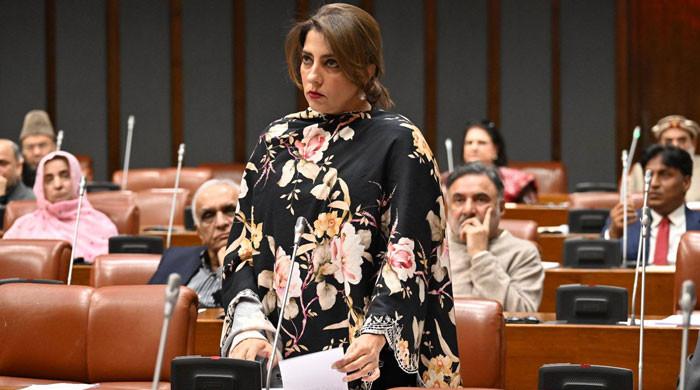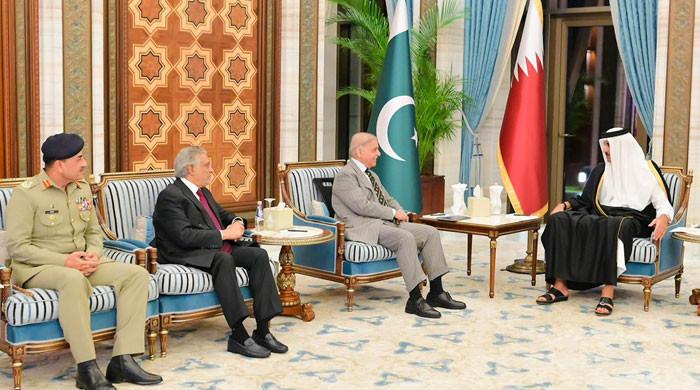Pakistan to 'keep airspace closed' for India by another month after Modi's aggression
Highly placed sources say the decision to be announced in due process as no improvement in situation witnessed
May 18, 2025
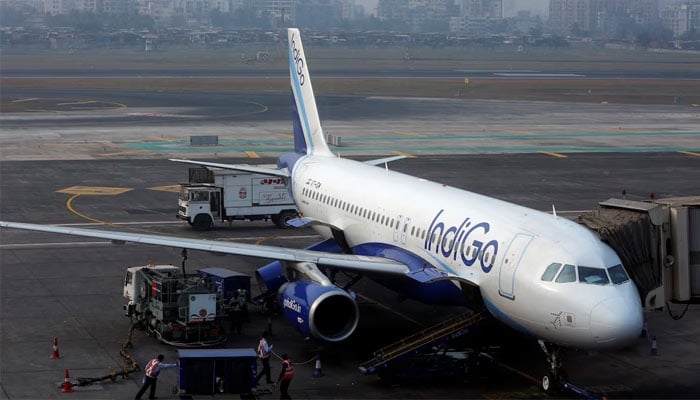
- Notam to be issued by Aviation Division before term ends.
- ICAO member country disallowed to close airspace for months.
- Pakistan earlier closed its airspace from April 24 to May 23.
Next week, Pakistan will extend the closure of its airspace for another month for India, The News reported on Sunday.
After tensions flared following last month's Pahalgam false flag operation by India, which resulted in the deaths of 26 tourists, India unilaterally closed its airspace for Pakistan on April 23 for a month. Pakistan retaliated in kind the next day. India is suffering greatly as a result of the airspace limitations.
A Notice to Airmen (Notam) will be issued by the Aviation Division before the end of the present term.
Highly placed sources told The News here on Saturday that the decision would be announced in due process as no improvement has been noticed in the situation that forced Pakistan to take the action.
The sources reminded that under the rules of International Civil Aviation Organisation (ICAO), no member country could close its airspace for another more than a month in one go.
It should be noted that the military engagements lasting more than three days between the nuclear-armed neighbours earlier this month have aggravated the relations further.
During a National Security Committee (NSC) meeting, Pakistan decided to close its airspace for India from April 24, after India resorted to frivolous measures following the attack in Indian Illegally Occupied Jammu and Kashmir.
The restrictions, effective till May 23, applies to both commercial and military aircraft.
Closure of Pakistani airspace is disrupting hundreds of Indian flights, increasing fuel and transit costs, and forcing long-haul carriers to make costly mid-route stops for refuelling
As many as 200 to 300 Indian flights cross Pakistani airspace daily, many on long-haul routes from cities such as Delhi, Mumbai, Amritsar and Ahmedabad to Europe, the Middle East, and North America.
In comparison, Pakistan had only one eastbound flight affected, which can be successfully rerouted through China. Since Pakistan had already significantly reduced its Far East operations, there is little to no impact on Pakistan.
Within hours of the closure, several Indian flights were forced into costly mid-journey detours: an Air India Toronto-Delhi flight landed in Copenhagen for refuelling, while flights from Paris and London made unplanned stops in Abu Dhabi.
A Sharjah-Amritsar flight was rerouted before entering Pakistan, and other aircraft were forced to land in Ahmedabad for extra fuel.
This is not the first time Pakistan has closed its airspace in response to Indian actions. Similar restrictions were imposed during the 1999 Kargil conflict and again in 2019 following the Pulwama attack. On both occasions, the consequences were more severe for India than Pakistan.
In 2019, Pakistan also closed its airspace to foreign airlines flying into India, a step that significantly widened the disruption.
The airspace closure came amid a rapid escalation of hostilities between Islamabad and New Delhi following the deadly attack on Indian tourists in the Baisaran Valley of Pahalgam, IIOJK. New Delhi has accused Islamabad of involvement without providing any evidence.
Pakistan has firmly rejected the allegation, labelling it “frivolous” and “devoid of rationality”.
The fallout has been swift and sweeping. India has suspended the Indus Waters Treaty, triggering outrage in Pakistan. In response, both countries have expelled senior diplomatic staff and suspended bilateral agreements.
Additionally, special South Asian visa schemes that enabled travel between the two nations have been halted. Trade and transit routes to and from third countries through each other's territory have also been blocked, effectively freezing any remaining avenues of engagement.
Federal Information Minister Attaullah Tarar had said the closure of airspace is expected to inflict millions of dollars in losses on Indian airlines.




